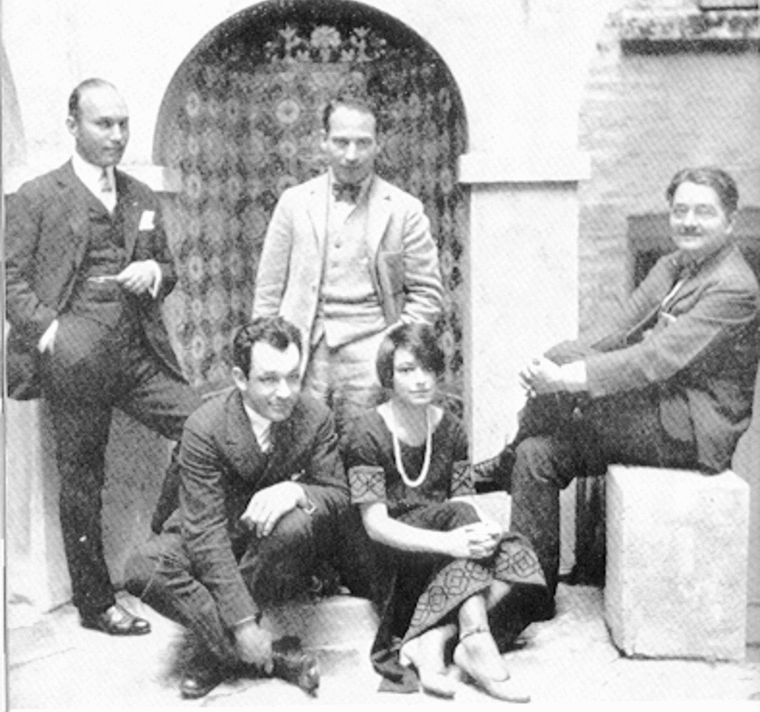Listen to this episode on Apple Podcasts.or Spotify
This episode was originally released on March 1, 2016. Listen to help prep for the next episode of our new season, The Old Man is Still Alive.
In the late 1940s, as the country was moving to the right and there was pressure on Hollywood to do the same, Katharine Hepburn, Humphrey Bogart and John Huston all protested HUAC in ways that damaged their public personas and their ability to work in Hollywood. Hepburn’s outspokenness resulted in headlines branding her a "Red" and, allegedly, audiences stoning her films. Bogart and Huston were prominent members of the Committee For the First Amendment, a group of Hollywood stars who came to Washington to support the Hollywood Ten -- and lived to regret it. With their career futures uncertain, the trio collaborated on the most difficult film any of them would ever make, The African Queen.
Show notes:
Here is a list of published sources that the entire season draws from:
The Red and the Blacklist: An Intimate Memoir of a Hollywood Expatriate by Norma Barzman
Dalton Trumbo: Blacklisted Hollywood Radical by Larry Ceplair and Christopher Trumbo
Trumbo: A biography of the Oscar-winning screenwriter who broke the Hollywood blacklist by Bruce Cook
When Hollywood Was Right: How Movie Stars, Studio Moguls, and Big Business Remade American Politics by Donald T. Critchlow
Odd Man Out: A Memoir of the Hollywood Ten by Edward Dmytryk
City of Nets by Otto Friedrich
Hollywood Radical, Or How I Learned to Love the Blacklist by Bernard Gordon
I Said Yes to Everything by Lee Grant
Army of Phantoms: American Movies and the Making of the Cold War by J. Hoberman
Naming Names by Victor S. Navasky
Sources specific to this episode:
West of Eden by Jean Stein
By Myself and Then Some by Lauren Bacall
Tough Without a Gun: The Life and Extraordinary Afterlife of Humphrey Bogart by Stefan Kanfer
Kate: The Woman who was Hepburn by William J. Mann
Me: Stories of My Life by Katharine Hepburn
An Open Book by John Huston
John Huston: Courage and Art by Jeffrey Meyers
“As Bogart Sees it Now” Milwaukee Journal, December 3, 1947
“I’m No Communist” by Humphrey Bogart, Photoplay, May 1948
Please note: as an Amazon Associate, Karina earns from qualifying purchases. #ad
Special thanks to our special guest, Rian Johnson, who reprised his recurring role as John Huston.
This episode included excerpts from the following videos:
Episode 1 of Hollywood Fights Back:
Bogart on Episode 2 of Hollywood Fights Back:
Katharine Hepburn’s speech at the May 1947 Henry Wallace rally:
Humphrey Bogart’s Oscar acceptance speech:
This episode was edited by Henry Molofsky, and produced by Karina Longworth with the assistance of Lindsey D. Schoenholtz. Our logo was designed by Teddy Blanks.





